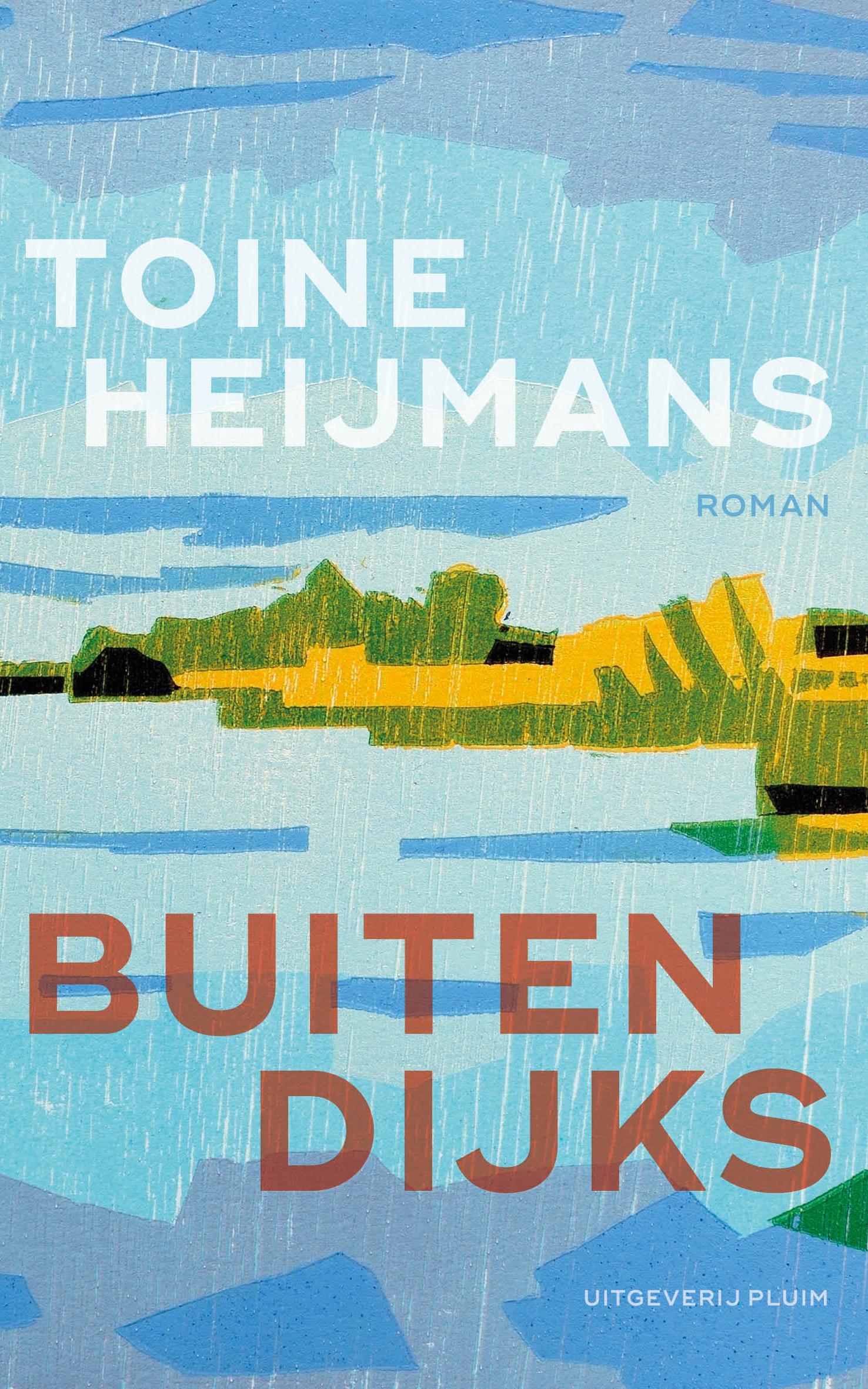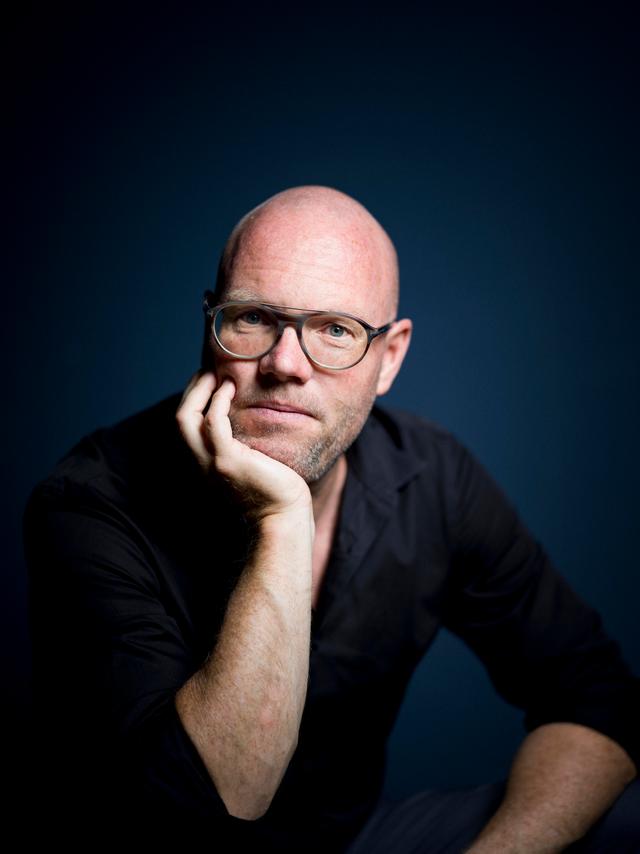The Floodplains
A solitary man fights for his existence in the last scrap of unspoiled nature in the Netherlands
After successful novels about the sea and the mountains, Toine Heijmans takes his readers into the foreshore, the area between the dike and the river. Here, Willem de Waal lives in a tent beneath the shelter of a centuries-old black poplar. He is young and strong and lives in harmony with nature, by the rhythm of the tides and the seasons, far away from the hubbub of modern society.

The opening chapters vividly describe how closely connected Willem feels to his surroundings: the allis shads in the river, the herd of Konik horses and his beloved dog, Fido. He forages his meals; what he doesn’t eat right away, he stores in a hole under the awning of his tent, an improvised fridge.
He has occasional contact with only a few people, including an artist who comes to draw in the floodplains and an eccentric forester who dreams of living in the outdoors. On his birthday, Willem refuses his parents’ offer of a mobile phone. He lives in solitude, not because he hates other people, but because, like Henry David Thoreau in Walden, he is ‘in search of a deliberate life’.
But then he finds out that the river is going to be diverted to reduce flood risk – and will be running right through the area he calls home. More and more, the outside world starts to encroach upon Willem’s solitary life. The land is surveyed, and he is taken to a temporary shelter along with the other people living in the area. Forced to seek out a new place to live, he finds himself needing other people’s help and confronting for the first time the frailty of his life off the grid.
With this gripping story, inspired by the author’s uncle, Heijmans reflects on the theme of human intervention in nature and the inescapable impact of so-called civilisation on even the most remote places. In the moving dénouement, when the river floods the land, Willem realises he needs the help of others to survive. Like the movie Into the Wild, this novel is about a new way of looking at the notion of freedom and a hermit’s existence: ‘Not bothering anyone is a kind of selfishness too.’
Rights
Cossee International Agency
Stella Rieck
rieck@cossee.com
On Oxygen Debt:
Toine Heijmans, himself a passionate moutaineer, tries to recount the inexplicable. But to write a novel of this calibre, passion is not enough. It takes real skill – and Heijmans’ pen is powerful, visceral, breathtaking.
Le Figaro Magazine
Toine Heijmans, himself a passionate moutaineer, tries to recount the inexplicable. But to write a novel of this calibre, passion is not enough. It takes real skill – and Heijmans’ pen is powerful, visceral, breathtaking.
Frankfurter Rundschau
A circular journey through the inner summits of life. Calling this a mountaineering story would be doing it a disservice. For Heijmans, the mountains aren’t a backdrop or an excuse – they’re more like a mirror.
Il Giornale
